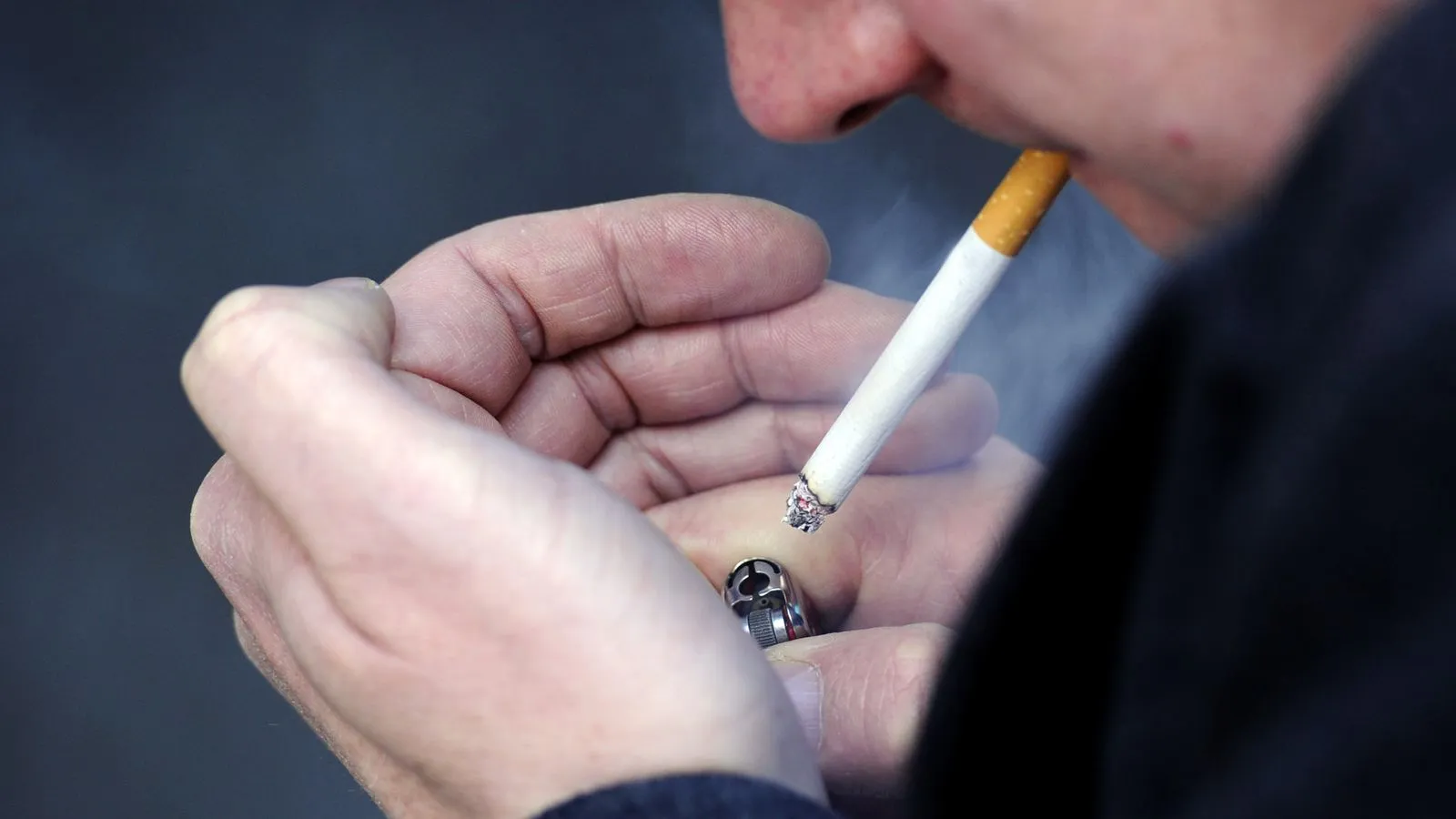Sunak proposes raising smoking age every year to create 'smoke-free' generation
Sunak proposes raising smoking age every year to create 'smoke-free' generation

news.sky.com
Sunak proposes raising smoking age every year to create 'smoke-free' generation

